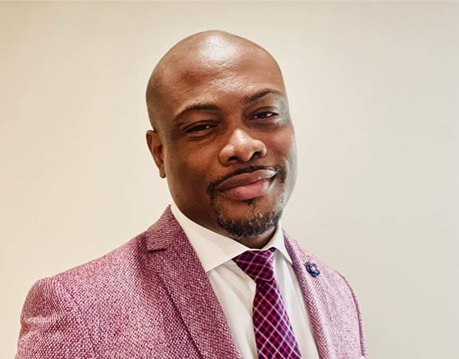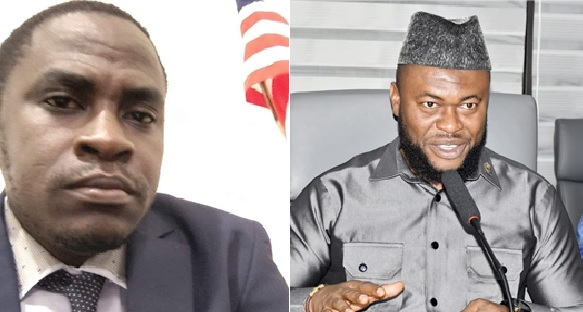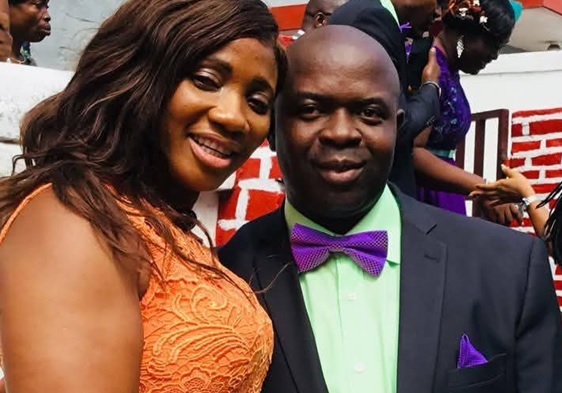MONROVIA – In a recent Facebook post, Representative Taa Wongbe of Nimba County’s District #9 unveiled a striking critique of Liberia’s political landscape as the nation transitions into the new year. His bold observations, dubbed “Top 10 Politically Inconvenient Truths,” cast a spotlight on the fractures, opportunities, and challenges shaping the country’s future. As Rep. Wongbe predicted seismic shifts in Liberia’s political dynamics, his commentary has sparked both applause and criticism, igniting critical debates about governance and national progress.
Wongbe’s assertion that the Unity Party (UP) and the Congress for Democratic Change (CDC) will fail to secure the presidency in 2029 challenges the long-held dominance of these political giants. He suggests that Liberians are growing weary of the polarizing rivalry between these parties. For decades, the nation has oscillated between their leadership, often to the detriment of meaningful reforms. If Wongbe’s forecast holds, the 2029 elections could mark the beginning of a more diverse political ecosystem.
The lawmaker also delved into the current crisis surrounding Speaker J. Fonati Koffa. While affirming that Koffa remains the legal Speaker due to procedural technicalities, Wongbe highlighted the Speaker’s loss of confidence among his colleagues. This dual reality underscores the fragility of political power and reflects broader dissatisfaction within the legislature. Such instability could lead to deeper divisions within the government, with far-reaching implications for legislative progress.
Wongbe didn’t shy away from addressing fractures within the CDC, particularly in light of its involvement in Koffa’s contested removal. According to him, this internal strife is unlikely to heal before the next election cycle. As the CDC grapples with disunity, its standing as a formidable political force could be irreparably damaged. Wongbe’s commentary paints a picture of a ruling party struggling to maintain cohesion in the face of mounting challenges.
The passing of Senator Prince Johnson, a political titan from Nimba County, is another transformative event Wongbe identified. While acknowledging Johnson’s outsized influence, Wongbe emphasized that Nimba’s role as a kingmaker in national politics endures. With over 300,000 registered voters, Nimba remains a decisive factor in any presidential election. Wongbe’s observations stress the county’s potential to shape the nation’s political future, even in the absence of its most prominent figure.
Wongbe also highlighted the resurgence of tribal and regional politics, particularly in populous counties like Nimba, Bong, and Lofa. With over 700,000 registered voters combined, these regions are critical battlegrounds. Yet, their growing significance exacerbates long-standing tribal tensions, complicating efforts to build a cohesive national identity. As alliances are formed along ethnic lines, the electoral landscape becomes increasingly fragmented, raising concerns about the future of unity in Liberia.
A notable critique in Wongbe’s list is the absence of a unified opposition. Instead of a single, organized movement, Liberia’s opposition comprises a patchwork of voices, including civil society leaders, independent journalists, and political mavericks. While figures like Musa Bility, Moriah Yeakula-Korkpor, and Vandalark Patrick are vocal critics of the establishment, their lack of coordination undermines their collective impact. Wongbe’s analysis raises critical questions about whether this fragmented opposition can pose a credible challenge to the status quo.
The rising influence of Liberia’s youth also featured prominently in Wongbe’s post. With Gen Z voters contributing over 600,000 to the electoral roll in 2023, their growing clout cannot be ignored. Wongbe’s assertion that this bloc could bypass the traditional political establishment by 2029 is a wake-up call for Liberia’s leaders. If adequately mobilized, the youth could redefine the country’s political future, pushing for reforms that reflect their aspirations.
Wongbe also lambasted the current administration for its repeated missteps. From corruption allegations to public relations blunders, he argued that the government’s credibility has been severely undermined. The fallout from incidents like the “Bring Our Data Back” campaign and the Speaker’s removal has eroded public trust. Wongbe’s critique serves as a sobering reminder of the consequences of poor governance and the urgent need for accountability.
The internal power struggle within President Joseph Boakai’s inner circle is another issue Wongbe brought to light. He noted the lack of clarity about who truly wields influence in the administration, contrasting it with the more transparent hierarchy of the previous CDC government. This infighting, according to Wongbe, undermines the administration’s ability to present a united front, further alienating its supporters.
Finally, Wongbe addressed the growing disillusionment among Unity Party supporters. He warned that the party’s failure to meet expectations could lead to fractures within its ranks. Discontent among the party’s base, both at home and abroad, poses a significant threat to its cohesion. Wongbe’s observations highlight the importance of addressing grassroots concerns to maintain political stability.
In his conclusion, Wongbe acknowledged that his observations might not sit well with everyone. Yet, his “inconvenient truths” offer a candid assessment of Liberia’s political landscape. As the nation navigates an uncertain future, Wongbe’s insights serve as both a challenge and a call to action for leaders, citizens, and stakeholders alike. Liberia’s political evolution, it seems, is far from over.







